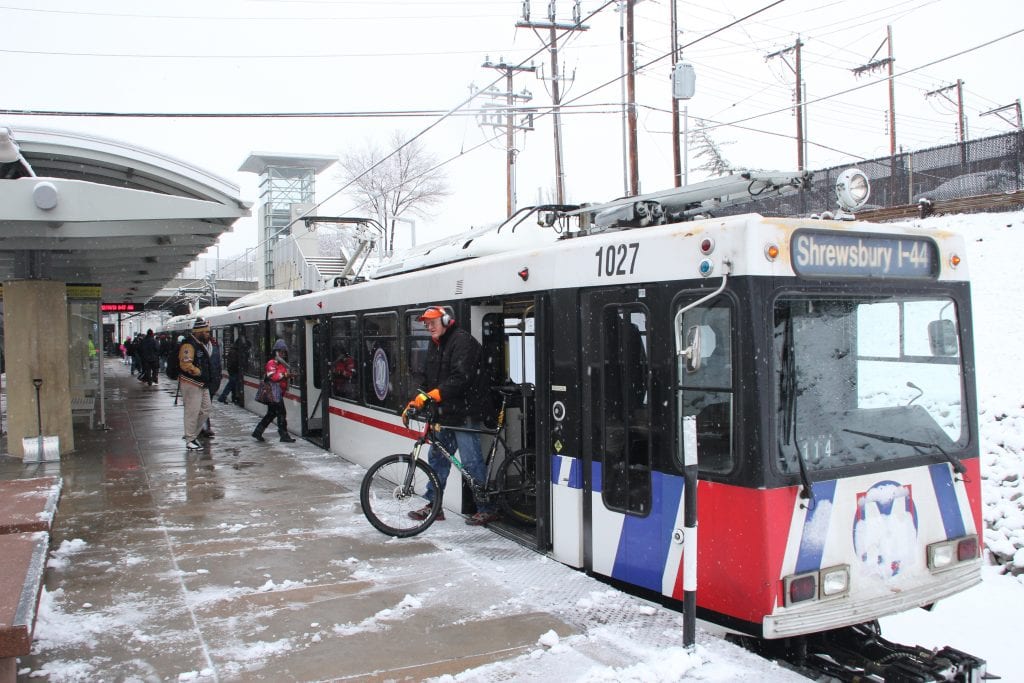
Workshop: Brining to Reduce Road Salt Applications During Winter Weather Events
Winter use of road salt to melt snow and ice is a common practice in much of the US. While necessary for increasing the safety of roads and sidewalks, road salt is expensive and detrimental to the environment. This salt is carried into streams, lakes, and rivers where it poses risks to infrastructure, human health, and aquatic life. It can also negatively impact turf, landscapes and buildings as it migrates from the original site of application.
Brining, a method used by some in the St. Louis area, utilizes the same salt, but the salt is dissolved in water and sprayed on the roads before the storm. This application method has been touted as an alternative that reduces material expenses as well as negative environmental impacts. Learn more about how brining has been tested in the St. Louis region and determine if this method could be an effective solution on your campus or community’s roads.
To learn more about the impacts of road salt use and the effectiveness of brining to reduce those impacts, please attend this workshop, hosted by the Higher Education Sustainability Consortium.
Speakers:
Danelle Haake
PhD Candidate, St. Louis University, Department of Biology
Roland Biehl
Environmental Specialist, St. Louis Metropolitan Sewer District
July 30, 2018
8:30am – 10:30am
Washington University in St. Louis
Seigle Hall, 304
Free admission. Light refreshments and registration begin at 8am.
DIRECTIONS
Seigle Hall is on the Danforth Campus of Washington University. Seigle Hall is on the West side of the campus, bordering the large field central to campus.
MetroLink: Big Bend Station
MetroBus: #1 Gold Line, #2 Red Line, the Green Line (exit at the Mallinckrodt Center)
Bike: Bike racks available around perimeter of Seigle Hall.
Parking: Visitor Parking is available in the Danforth University Center off of Forsyth Blvd, parking fees apply.